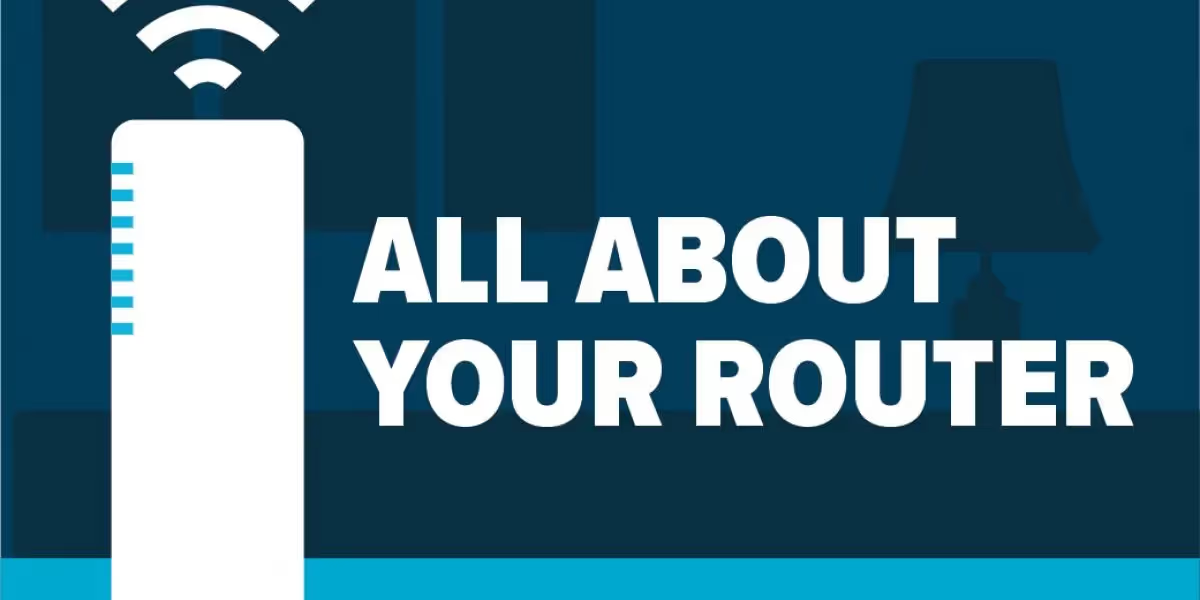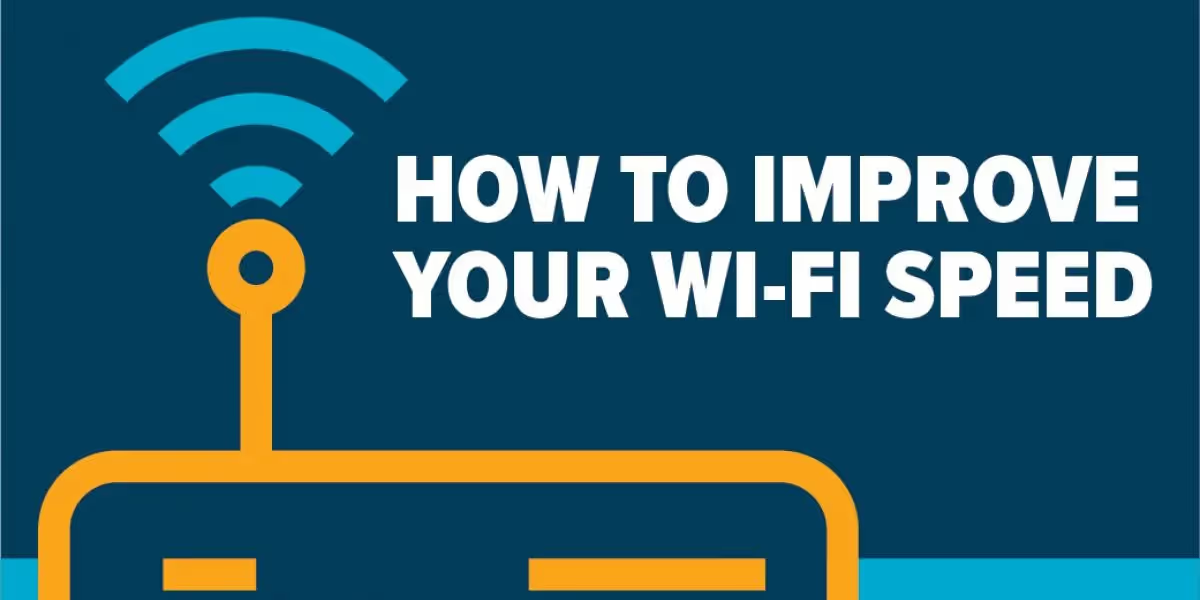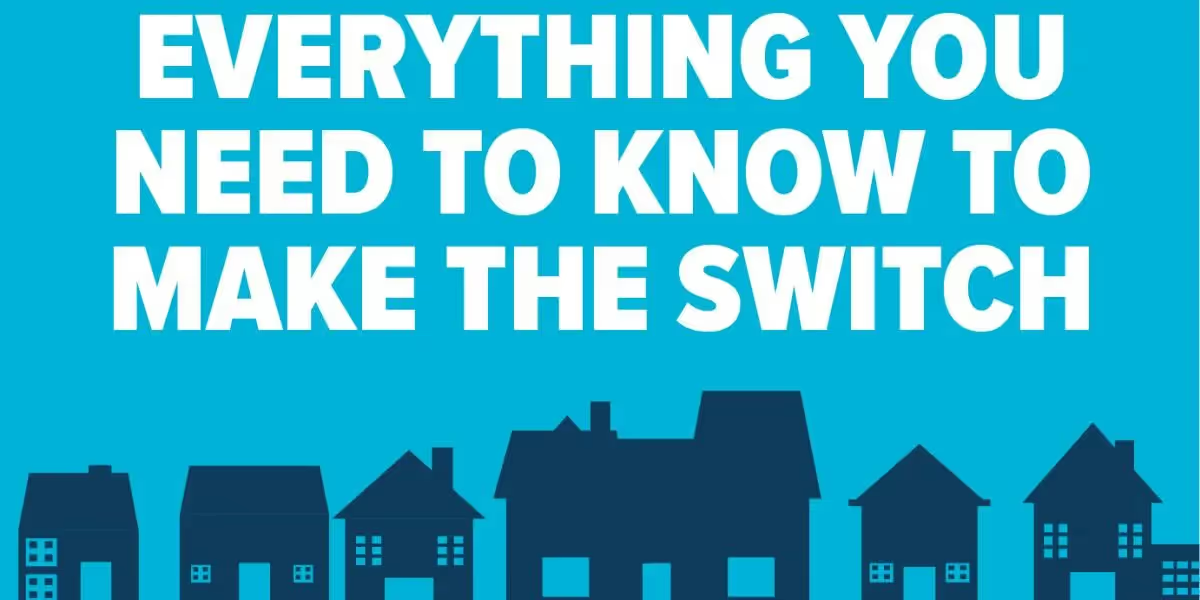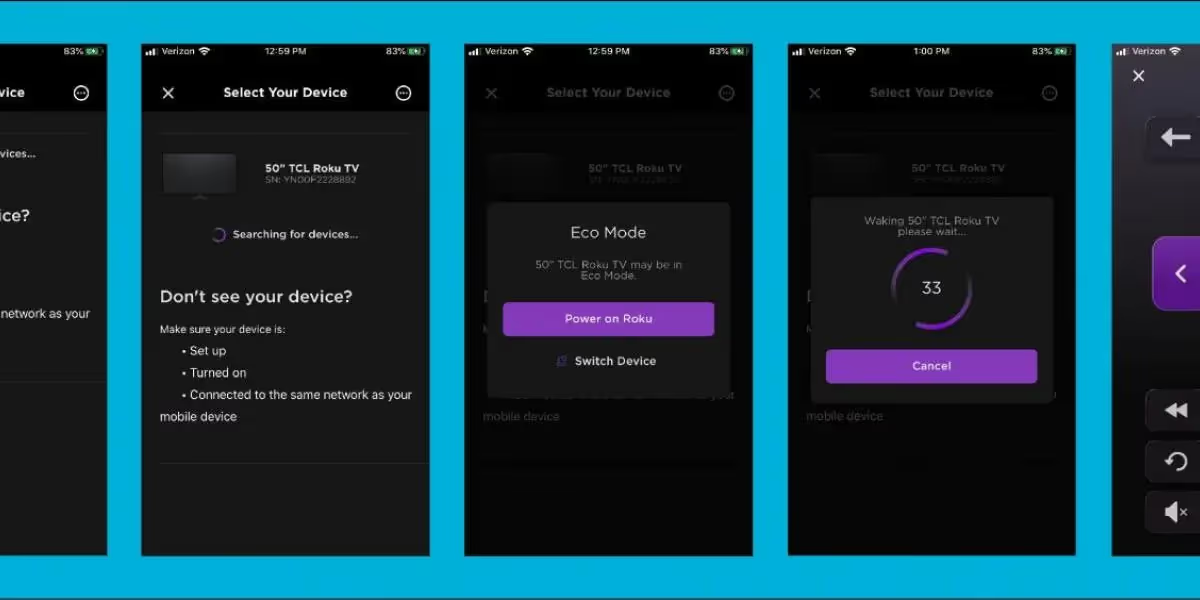Internet Protocol Version 6 (IPv6) Is Here!

Calling all technophiles: Internet protocol version 6 (IPv6) is here!
How does the internet really work? That’s the question most of us are afraid to ask for fear of sounding stupid. The internet is a network made up of smaller networks all linked together. Networks are made up of protocols and services.
Let's back up for a moment. The internet wouldn’t be what it is today without some key moments in our human history and our insatiable need to share information. The sharing of information has been at the forefront of our society for a long time. Ancient natives used rock walls to inscribe messages, we later used carrier pigeons, horses, and trains to deliver messages and information from one place to another. These processes took A LOT of time. After that, came the telegraph and telephone making it possible to get a message across the world in real-time.
In the late 20th century, humanity built and developed the integrated circuit giving birth to the computer and the modern information age. On October 29, 1969, the first-ever internet message was sent using ARPANET. It was sent from one computer in UCLA (University of California, Los Angeles) to another computer in SRI (Stanford Research Institute). The message received at SRI was "Lo"; the system crashed after the letter "o" was transmitted, and after coming back online an hour later, the full message "Login" was successfully transmitted and received. The internet was born.
Internet protocol version 4 (IPv4) was used on the ARPANET beginning in 1983. Internet protocol is a set of rules for sending and receiving information across networks. It sets guidelines for addressing packets of data (aka the results of that Buzz Feed quiz you took to find out what Marvel character you are) so that the data arrives at the correction destination (bad news, turns out you’re Bucky). IPv4 was used as the universal protocol from day one. Problem is, it’s running out of addresses.
IPv4 has a finite number of useable addresses built into its architecture, 4 billion to be exact. Fast-forward 51 years, and we’re running out of IPv4 addresses. The architects who designed the protocol didn’t foresee the explosion of what the internet would become. Everything using the internet is sending and receiving information in real-time: your phone, computer, refrigerator, washer, dryer, thermostat, TV, sprinkler system, light switches, fans, wristwatch, camera, gaming systems, drones, and more. All these devices need connectivity to function and work together in the connected world we have built.
When modern day internet architects saw this coming, they created various tools and programs that would help providers, like Elevate, get the most of our IPv4 address space. But still, finite space remained. Internet protocol version 5 (IPv5) was an experimental protocol developed in the 1980s. IPv5 (also called the Internet Stream Protocol) was never widely deployed, and since the number 5 was already allocated, this number was not considered for the successor to IPv4. Several proposals were suggested as the IPv4 successor, and each was assigned a number. In the end, the one with version number 6 was selected. Internet protocol version 6 (IPv6) was adopted in December of 1998 and is becoming more widely used today. Breaking news! Your Elevate service supports IPv6 right now!
Each iteration of internet protocol was built as a stack to replace the prior version, meaning they were not designed to work together. Why can’t they work together? Remember those guidelines and rules for addressing data so it goes to the right place? IPv4 and IPv6 write those addresses differently and they don’t speak each other’s language. If you are an IPv6-only customer, you could not get to an IPv4-only destination. However, many transition protocols have been developed to help get us to the bright new IPv6 future. Network Address Translation 64 or NAT64 is specifically designed to translate an IPv6-only customer to an IPv4-only destination by making use of domain name system 64, also known as DNS64. The same can be used in reverse, and an IPv4-only customer can reach an IPv6-only destination. IPv6 is here, and it works well. In layman’s terms, NAT64, is the interpreter between IPv6 and IPv4.
If you have Elevate today, fear not, for we have paved the way for your successful transition to IPv6. If you don't have Elevate today and your provider doesn't offer IPv6, ask them to turn it on or switch, so that you are not left behind. For all those in the IT industry, plan, audit, prepare and to avoid problems, and turn on IPv6. It's important to know that not all devices were developed to take advantage of IPv6, and that's ok for now.
For more helpful, frequently asked questions, please visit our FAQ page.
































.avif)
















